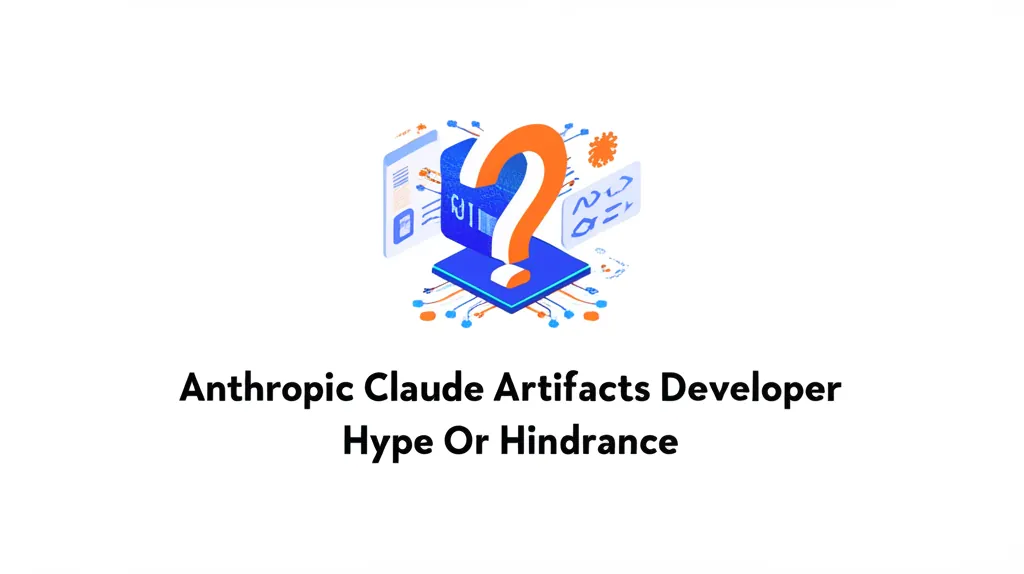Developer Offer
Try ImaginePro API with 50 Free Credits
Build and ship AI-powered visuals with Midjourney, Flux, and more — free credits refresh every month.
North Koreas AI Ambitions Meet A Harsh Reality
The AI Revolution and Rising Tensions
The recent and rapid evolution of large language models (LLMs), such as the widely known ChatGPT, has marked a new era in artificial intelligence. This technological leap has brought about significant advancements but has also fueled concerns. A primary worry is the potential for a hostile state, like North Korea, to acquire or independently create this sophisticated technology to enhance its military and cyber warfare capabilities.
Why a North Korean ChatGPT is Unlikely
Despite these fears, a detailed analysis of the requirements for developing these advanced AI systems suggests that such concerns are largely exaggerated. The journey to creating a functional and powerful LLM is extraordinarily resource-intensive, presenting significant barriers for a nation like North Korea.
The technological foundation for modern LLMs, the transformer architecture discovered by Google researchers in 2017, has propelled AI into the public eye. However, building upon this foundation requires massive computational power, access to vast and diverse datasets, and a deep pool of specialized talent—resources that are heavily restricted or unavailable to Pyongyang due to international sanctions and economic isolation.
The More Realistic AI Threat
While Pyongyang will almost certainly struggle to replicate a complex large language model, it's crucial to recognize that other, more accessible AI applications are well within its reach. The focus on a hypothetical "North Korean ChatGPT" may distract from the real and present danger of the regime developing smaller-scale, but still deadly, AI for more targeted military and cyber purposes.
Compare Plans & Pricing
Find the plan that matches your workload and unlock full access to ImaginePro.
| Plan | Price | Highlights |
|---|---|---|
| Standard | $8 / month |
|
| Premium | $20 / month |
|
Need custom terms? Talk to us to tailor credits, rate limits, or deployment options.
View All Pricing Details

